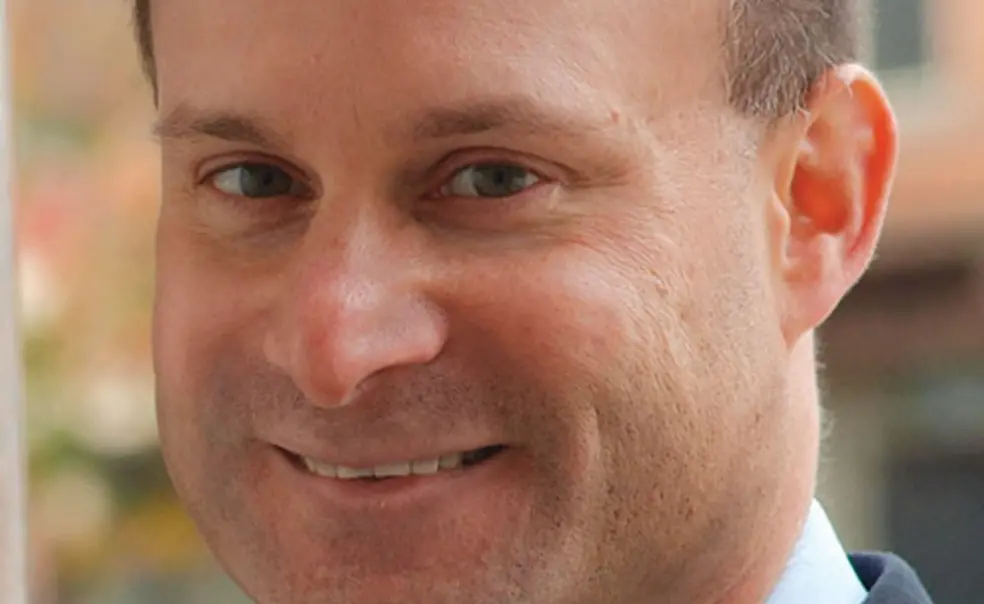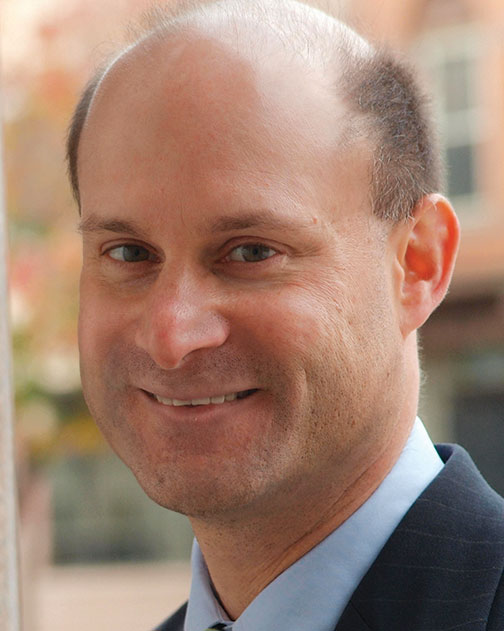From the Editor: Diversity in Education: Another View
The three-day Princeton-Fung Global Forum in Paris last month gathered policymakers and academics from some of the world’s top colleges and research universities to discuss the future of higher education. There were important panels dealing with funding, online education, globalization, and diversity (see page 18).
But from one perspective, the gathering was not as diverse as it might have been. Absent was significant representation of some sectors of postsecondary education: community colleges, vocational programs, and less-elite schools that focus on teaching, not research — schools that often have provided an entry to the middle class.
Michael Klein ’87 traveled from New Jersey to bring that perspective to Paris.
Klein is executive director of the New Jersey Association of State Colleges and Universities, representing nine public institutions. He wants policymakers to think beyond the elite, research-based, “wonderfully idealized view of higher education” that often takes center stage. According to the National Center for Education Statistics, in 2011, about three-fourths of all undergrads attended public institutions, which have been hard-hit by state budget cuts, and 41% attended two-year schools. Most students did not attend research universities, public or private. More than one-third of all undergraduates attended part time.
Klein felt he was well received in Paris, and that his comments resonated with the speakers. “We need to keep showing up,” he said, “to make sure that the elite institutions, the experts at the research institutions, know what we’re about.”
— Marilyn H. Marks *86













No responses yet